
- https://www.bloomberg.com/news/articles/2025-02-17/eu-joint-funds-gaining-support-as-leaders-confront-defense-needs
Discussions are gathering pace in the European Union on how to increase defense spending, with joint financing becoming a realistic option for a growing list of leaders, according to people familiar with the matter.
“In the face of this emergency, I think it is time to take historic decisions,” French Minister for European Affairs Benjamin Haddad said in an interview with Bloomberg. “And indeed, the question of eurobonds, for instance, is one of the mechanisms that we should be talking about.”
Protecting Ukraine and expanding their own militaries could cost the continent’s major powers an additional $3.1 trillion over the next 10 years, according to a Bloomberg Economics analysis. NATO planners estimate the alliance will need to spend as much as 3.7% of GDP on defense, Bloomberg reported earlier. Just 23 out of the 32 North Atlantic Treaty Organization countries met the 2% spending target as of last year.
“This is a once-in-a-generation moment for the collective security for our own continent,” Starmer told reporters in Paris. “Today’s informal meeting of European leaders was a vital first step in responding to that.”
Funding options being discussed include triggering an escape clause to the EU’s fiscal rules to allow countries to boost funding without running afoul of the bloc’s regulations. European Commission President Ursula von der Leyen proposed activating that mechanism for defense investments last week in a speech at the Munich Security Conference.
German Foreign Minister Annalena Baerbock signaled over the weekend that a significant plan for building strong defenses is in the works, saying “similar to the euro or the corona crisis, there is now a financial package for security in Europe.”
“That will come in the near future,” she said, without giving additional details.
Officials say that new spending plans won’t be unveiled until after the German election on Sunday in order to avoid stirring up controversy before the vote. Germany and the Netherlands have traditionally been against joint borrowing.
Poland’s Tusk told reporters after the meeting that he received assurances that “many” billions of euros of outstanding European funds will be re-purposed for defense, “which can be mobilized immediately.”
European Central Bank President Christine Lagarde has also been supportive of increasing the bloc’s fiscal capacity to finance common goods like security, saying last year: “common financing is desirable, whether by way of an increased fiscal capacity or by way of joint debt.”
Lithuanian Defense Minister Dovile Sakaliene said there’s been a big shift in perception among European allies on EU budget rules and joint borrowing after the past four days in Brussels and Munich.
“Regarding joint European instruments, solidarity instruments like we used during pandemics or like we used for the green course — these need to be set up immediately,” Sakaliene said in an interview with Bloomberg TV Monday. “I think everybody or almost everybody is on board.”
Denmark has traditionally maintained a cautious stance toward joint EU debt issuance as it’s advocated fiscal responsibility and preference for individual member states managing their own debts. But during Russia’s war in Ukraine, the Danish government has increasingly opened up for using such measures, and Denmark along with other countries are now pushing to ease the EU budget rules to boost military spending.
“We must increase military support for Ukraine, we must produce more, and we must do it faster,” Danish Prime Minister Mette Frederiksen, who attended the Paris meeting, said in a Monday statement. “I sense a new European determination, a seriousness, and a decisiveness that are needed.”
유럽연합의 국방비 지출 증액 방안에 대한 논의가 가속화되고 있으며, 소식통에 따르면 공동 자금 조달이 점점 더 많은 지도자들에게 현실적인 대안으로 떠오르고 있습니다.
“이러한 비상 상황에 직면하여, 이제는 역사적인 결정을 내려야 할 때라고 생각합니다,” 프랑스 유럽담당장관 벤자민 아다드가 블룸버그와의 인터뷰에서 말했습니다. “실제로 유로본드와 같은 메커니즘에 대해 논의해야 할 것입니다.”
블룸버그 이코노믹스의 분석에 따르면, 우크라이나 보호와 자국 군사력 확장에 향후 10년간 유럽 주요 국가들이 추가로 3.1조 달러를 지출해야 할 것으로 예상됩니다. 블룸버그의 이전 보도에 따르면, NATO 기획자들은 동맹국들이 GDP의 최대 3.7%를 국방비로 지출해야 할 것으로 추정하고 있습니다. 작년 기준으로 32개 북대서양조약기구 회원국 중 단 23개국만이 2% 지출 목표를 달성했습니다.
“이는 우리 대륙의 집단 안보를 위한 세대에 한 번뿐인 순간입니다,” 스타머가 파리의 기자들에게 말했습니다. “오늘의 유럽 지도자들 비공식 회의는 이에 대응하는 중요한 첫 걸음이었습니다.”
논의 중인 자금 조달 방안에는 EU의 재정 규칙에 대한 예외 조항을 발동하여 각국이 블록의 규정을 위반하지 않고 자금을 늘릴 수 있도록 하는 것이 포함됩니다. 유럽연합 집행위원장 우르줄라 폰데어라이엔은 지난주 뮌헨안보회의 연설에서 국방 투자를 위해 이 메커니즘을 활성화할 것을 제안했습니다.
독일 외무장관 안날레나 베어복은 주말 동안 강력한 방위력 구축을 위한 중요한 계획이 진행 중임을 시사하며 “유로화나 코로나 위기 때와 마찬가지로, 이제 유럽의 안보를 위한 금융 패키지가 마련될 것”이라고 말했습니다.
“그것이 가까운 미래에 실현될 것”이라고 그녀는 추가 세부사항은 언급하지 않은 채 말했습니다.
관계자들은 독일과 네덜란드가 전통적으로 공동 차입에 반대해 왔기 때문에, 투표 전 논란을 피하기 위해 일요일 독일 선거 이후까지 새로운 지출 계획이 공개되지 않을 것이라고 말했습니다.
폴란드의 투스크는 회의 후 기자들에게 “즉시 동원할 수 있는” 수백억 유로 규모의 미사용 유럽 기금을 국방 목적으로 전용하겠다는 보장을 받았다고 전했습니다.
유럽중앙은행 총재 크리스틴 라가르드도 작년에 “공동 자금 조달은 재정 능력 확대나 공동 부채 형태로든 바람직하다”고 말하며 안보와 같은 공공재를 위한 블록의 재정 능력 확대를 지지해왔습니다.
리투아니아 국방장관 도빌레 사칼리에네는 브뤼셀과 뮌헨에서의 지난 4일 동안 EU 예산 규칙과 공동 차입에 대한 유럽 동맹국들의 인식이 크게 변화했다고 말했습니다.
“팬데믹 때나 녹색 전환을 위해 사용했던 것과 같은 공동 유럽 수단, 연대 수단들이 즉시 수립되어야 합니다,” 사칼리에네는 월요일 블룸버그 TV와의 인터뷰에서 말했습니다. “모든 국가들이, 혹은 거의 모든 국가들이 동의하고 있다고 생각합니다.”
덴마크는 전통적으로 재정 책임과 개별 회원국의 부채 관리 선호를 주장하며 EU 공동 부채 발행에 신중한 입장을 유지해 왔습니다. 하지만 러시아의 우크라이나 전쟁 기간 동안 덴마크 정부는 이러한 조치들의 사용에 점차 개방적인 태도를 보이고 있으며, 덴마크를 포함한 다른 국가들도 이제 군사비 지출 증가를 위해 EU 예산 규칙을 완화하도록 추진하고 있습니다.
“우리는 우크라이나에 대한 군사 지원을 늘려야 하고, 더 많이 생산해야 하며, 더 빨리 해야 합니다,” 파리 회의에 참석한 덴마크 총리 메테 프레데릭센이 월요일 성명에서 말했습니다. “저는 필요한 새로운 유럽의 결단력과 진지함, 그리고 단호함을 감지하고 있습니다.”
미적지근하던 덴마크까지 나서서 green climate fund 만들었던 그 때처럼, COVID-19 공동 대응하던 그 때처럼 방산 기금을 조성하자고 한 목소리를 모으고 있다. 이미 방향은 정해졌다.
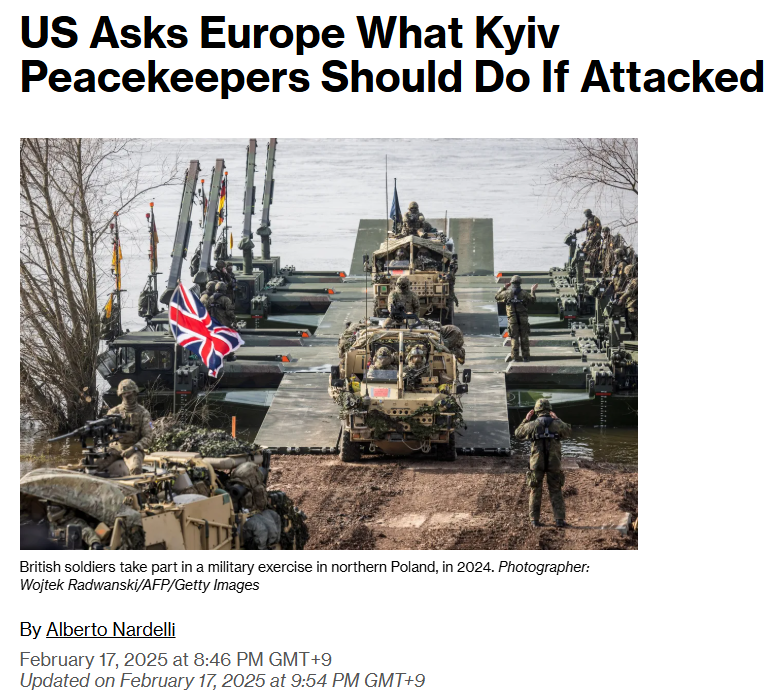
- https://www.bloomberg.com/news/articles/2025-02-17/us-asks-europe-how-peacekeepers-should-react-under-russia-attack
The US has asked European nations to spell out what security guarantees they’re willing to provide Ukraine to ensure a lasting peace settlement and how allies should react if any troops they deploy were attacked by Russia.
미국은 유럽 국가들에게 우크라이나의 지속적인 평화 정착을 보장하기 위해 어떤 안보 보장을 제공할 의향이 있는지, 그리고 배치된 군대가 러시아의 공격을 받을 경우 동맹국들이 어떻게 대응해야 하는지 명확히 밝힐 것을 요청했습니다.
미국은 이제 ‘너희 일은 이제 너희끼리 알아서 처리하세요. 이번이 마지막입니다’ 시전하고 아예 협상 과정에서 유럽을 배제한 채 달리고 있다.
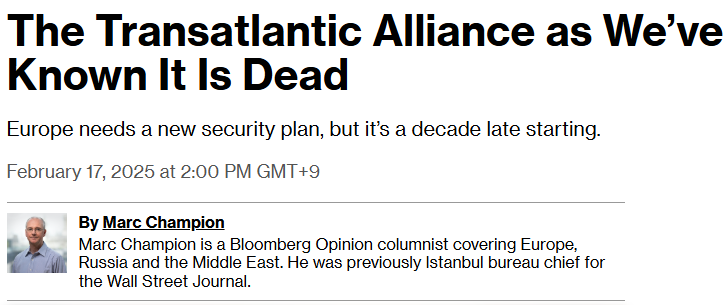
- https://www.bloomberg.com/opinion/articles/2025-02-17/trump-s-new-world-order-the-transatlantic-alliance-is-dead
Twice now, major powers have chosen a conference in Munich conference to deliver speeches that dramatically changed the architecture of global security
In 2007, Vladimir Putin warned that Russia would no longer follow rules set by the West and would treat the North Atlantic Treaty Organization as a hostile force. This weekend, the US served similar notice on its own allies, in a shock for Europeans that has left the trans-Atlantic alliance clinically dead.
US Vice President JD Vance’s speech dripped with contempt for those in the room and offered a series of messages that are likely to alter Europe’s security outlook as much as Putin’s did 18 years ago. The ensuing transformation produced three wars (Georgia in 2008, Ukraine in 2014 and 2022), a rewiring of European energy markets and international institutions and a new military bloc for Moscow that includes China, Iran and North Korea.
Vance’s first message to the Munich Security Conference was that the Trump administration aims to be revolutionary and to export its revolution abroad. America’s “new sheriff” sees most European states as the “threat within,” he said, with a clear implication that if this is to change, they’ll need to drink from the cup of MAGA.
Vance delivered his next message simply by ignoring the questions of security, and above all Ukraine, that Europe’s leaders and defense officials had gathered to discuss. Europe, he implied, was too weak to deserve consultation or a place at the table with the great powers that would conduct the talks, namely the US, Russia and potentially China.
The last week has been more than a wakeup call for Europeans. It has realized their worst fears. Leaders and defense officials now know they’re on their own, that they can’t rely on the US to respect NATO’s Article V collective defense clause, and that Trump has no desire to include them in the deal he hopes to make with Putin to end the war. Worse, having set the terms of a settlement, he intends for Europe to pick up the vast tab, including security guarantees for Kyiv. That’s something that everyone in Vance’s audience this weekend – and above all Ukraine’s President Volodymyr Zelensky – knows Europe is woefully ill-prepared to do.
Zelenskiy’s pushing back on America’s go-it-alone strategy, saying he’ll meet with Putin only once a common negotiating position has been agreed upon among all of Ukraine’s allies. I doubt Europe can step up to fill the void left by what amounts to America’s defection. That isn’t just for lack of resources. It’s also because the Trump administration seems determined to use Ukraine and nationalism as wedges to deepen divisions on the old continent, and he may well succeed.
This is a challenge Europe’s leaders need to finally take on, doing whatever it takes to be able to ensure their collective security in a post-American order because this is a continent that’s had very poor experiences with unbridled nationalism. There was, after all, a third epoch-making conference in Munich, in 1938, and “peace in our time” did not follow.
이제 두 번째로 주요 강대국들이 뮌헨 회의에서 세계 안보 구조를 극적으로 변화시키는 연설을 선택했습니다
2007년, 블라디미르 푸틴은 러시아가 더 이상 서방이 정한 규칙을 따르지 않을 것이며 북대서양조약기구(NATO)를 적대적 세력으로 간주할 것이라고 경고했습니다. 이번 주말, 미국은 자국의 동맹국들에게 비슷한 통보를 했고, 이는 유럽인들에게 충격을 주며 대서양 동맹을 임상적 사망 상태로 만들었습니다.
미국 부통령 JD 밴스의 연설은 참석자들을 향한 경멸로 가득 차 있었으며, 18년 전 푸틴의 연설만큼이나 유럽의 안보 전망을 바꿀 것으로 보이는 일련의 메시지를 전달했습니다. 그 이후의 변화는 세 차례의 전쟁(2008년 조지아, 2014년과 2022년 우크라이나)과 유럽 에너지 시장 및 국제 기구의 재편성, 그리고 중국, 이란, 북한을 포함하는 모스크바의 새로운 군사 블록을 만들어냈습니다.
뮌헨 안보회의에서 밴스가 전한 첫 번째 메시지는 트럼프 행정부가 혁명적이 되고자 하며 그들의 혁명을 해외로 수출하려 한다는 것이었습니다. 미국의 “새로운 보안관”은 대부분의 유럽 국가들을 “내부의 위협”으로 보고 있다고 말했으며, 이를 바꾸려면 MAGA의 잔을 마셔야 할 것이라는 분명한 암시를 던졌습니다.
밴스는 유럽 지도자들과 국방 관료들이 논의하기 위해 모인 안보 문제들, 특히 우크라이나 문제를 무시함으로써 그의 다음 메시지를 전달했습니다. 그는 유럽이 미국, 러시아, 그리고 잠재적으로 중국과 같은 강대국들이 진행할 협상 테이블에 앉을 자격이 없을 만큼 약하다는 것을 암시했습니다.
지난 주는 유럽인들에게 단순한 경각심 이상이었습니다. 그들의 최악의 두려움이 현실이 되었습니다. 지도자들과 국방 관료들은 이제 그들이 홀로 남겨졌다는 것, 미국이 나토 5조의 집단 방위 조항을 존중할 것이라고 믿을 수 없다는 것, 그리고 트럼프가 전쟁을 종식시키기 위해 푸틴과 맺으려는 거래에 그들을 포함시킬 의도가 없다는 것을 알게 되었습니다. 더 나쁜 것은, 합의 조건을 설정한 후 키이우에 대한 안보 보장을 포함한 막대한 비용을 유럽이 부담하게 하려 한다는 것입니다. 이번 주말 밴스의 청중들 모두가 - 특히 우크라이나의 볼로디미르 젤렌스키 대통령은 - 유럽이 이를 수행하기에는 터무니없이 준비가 부족하다는 것을 알고 있습니다.
젤렌스키는 미국의 독자적 전략에 맞서, 우크라이나의 모든 동맹국들과 공동 협상 입장이 합의된 후에만 푸틴과 만날 것이라고 말하고 있습니다. 저는 유럽이 미국의 이탈로 인한 공백을 메울 수 있을지 의심스럽습니다. 이는 단순히 자원의 부족 때문만이 아닙니다. 트럼프 행정부가 우크라이나와 민족주의를 구실로 유럽 대륙의 분열을 심화시키려 하고 있기 때문이며, 그들은 성공할 수도 있습니다.
이것은 유럽 지도자들이 마침내 받아들여야 할 도전과제입니다. 포스트 아메리칸 시대에 그들의 집단 안보를 보장하기 위해 필요한 모든 것을 해야 합니다. 왜냐하면 이 대륙은 무분별한 민족주의와 관련하여 매우 좋지 않은 경험을 했기 때문입니다. 결국, 1938년에도 뮌헨에서 시대를 바꾼 세 번째 회의가 있었고, “우리 시대의 평화”는 이어지지 않았습니다.
슈카월드에서 사실상 선전포고 수준이라고 이야기하더니, 얼마나 심각한지 봤는데 진짜 빠꾸없는 실리콘밸리 출신 부통령. ‘너희 너무 약하고, 지금 우리는 우리꺼 하기 바쁘니까 알아서 해라 좀’
https://youtu.be/uIejsx1jjdQ
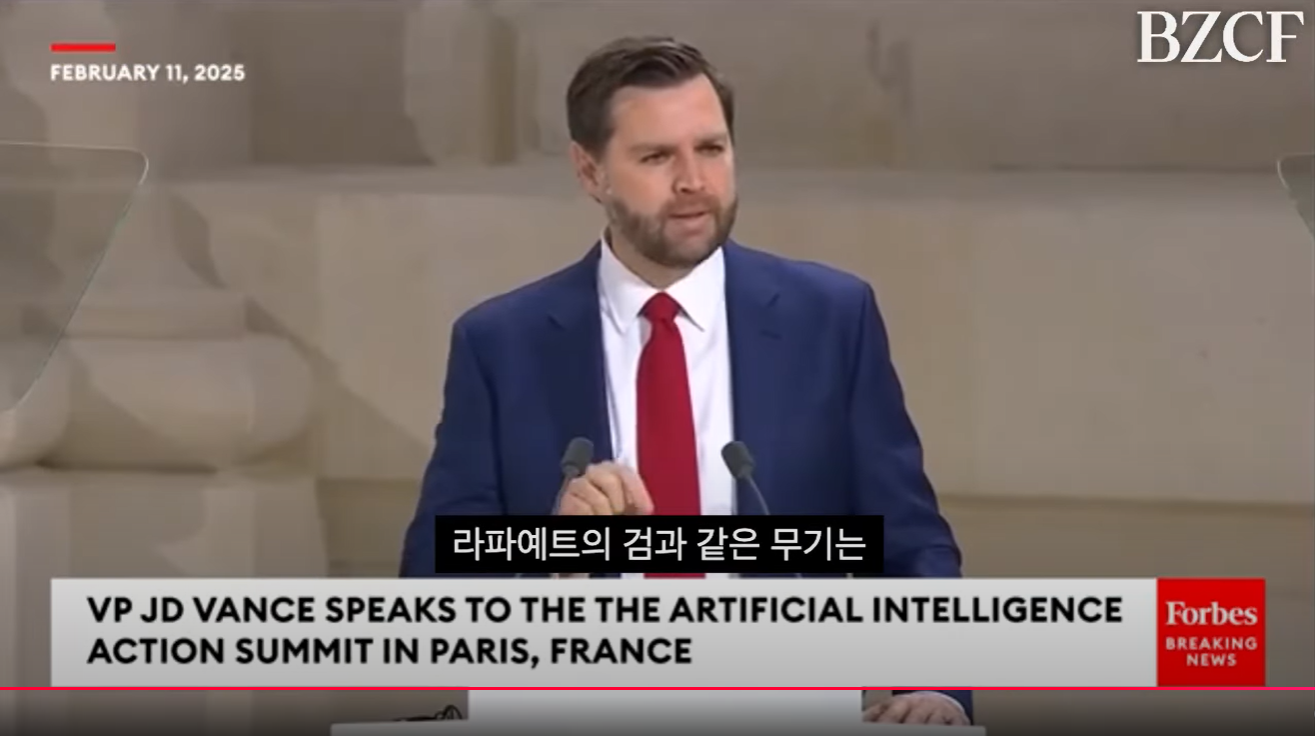
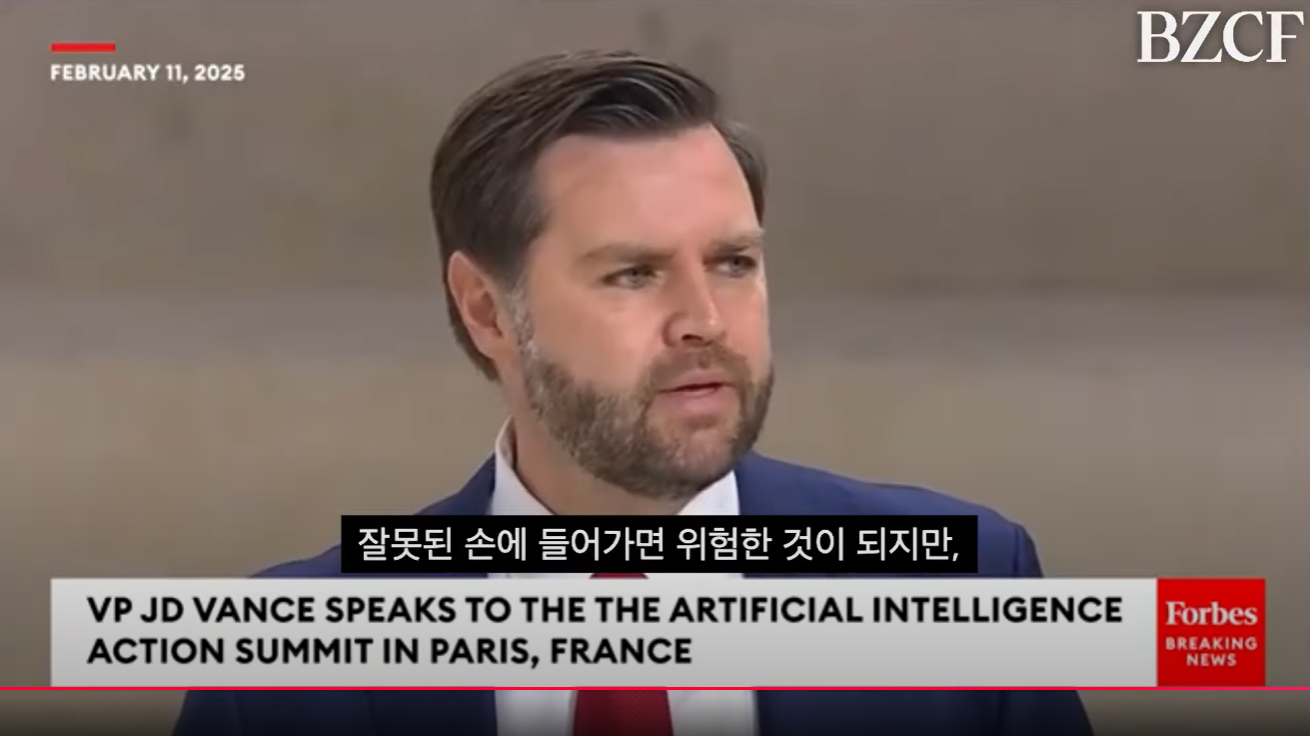
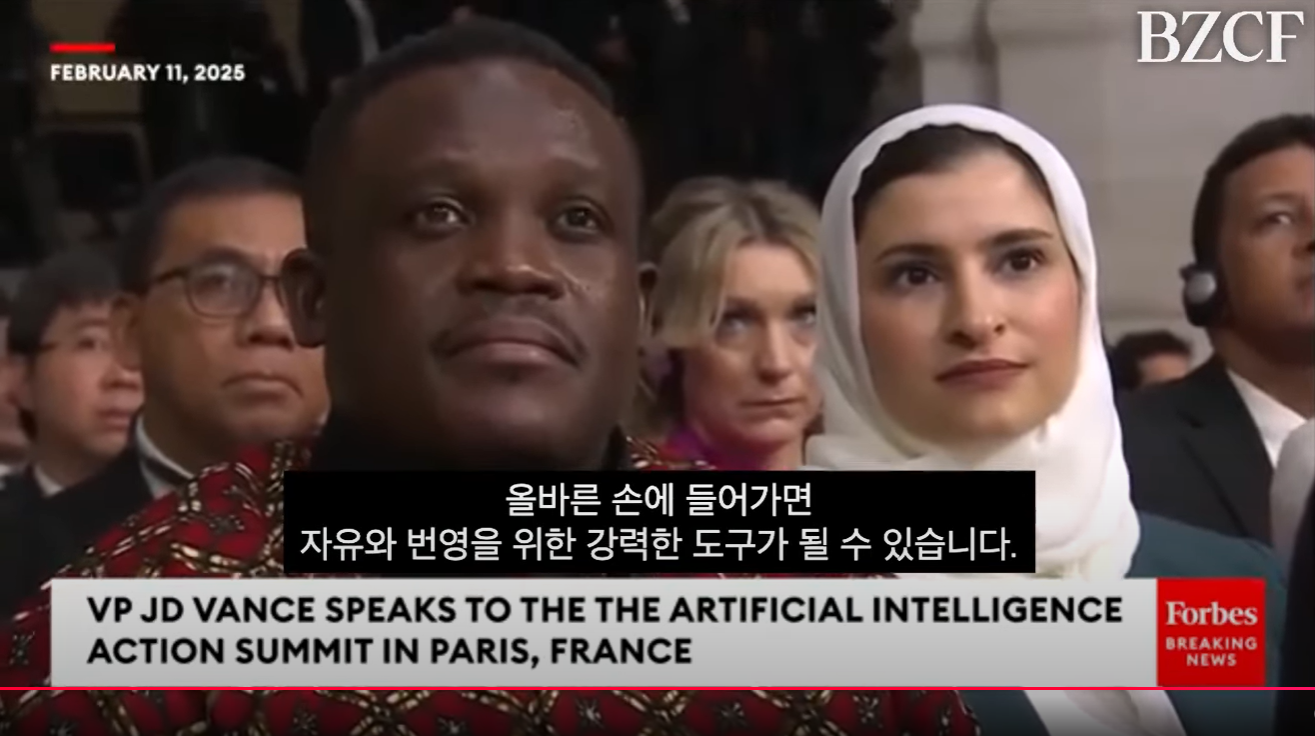
확실하게 모든 영역에서 America first를 강조하고 나섰다. 거침없는 두명이 행정부의 가장 높은 자리에 앉아있다. 최근 방산 관련 아티클을 쭉 읽고 느낀 점은 제조업 리쇼어링은 경제적 아젠다에서 나온 것이 아니라는 생각이다. 미국은 자신들이 살아남기 위해서라도, 미국의 제조업을 부흥시켜야 할 필요가 있었다.
- https://youtu.be/ok9RP0Q7yy4?si=_MKqT9m-FHjF-_DX
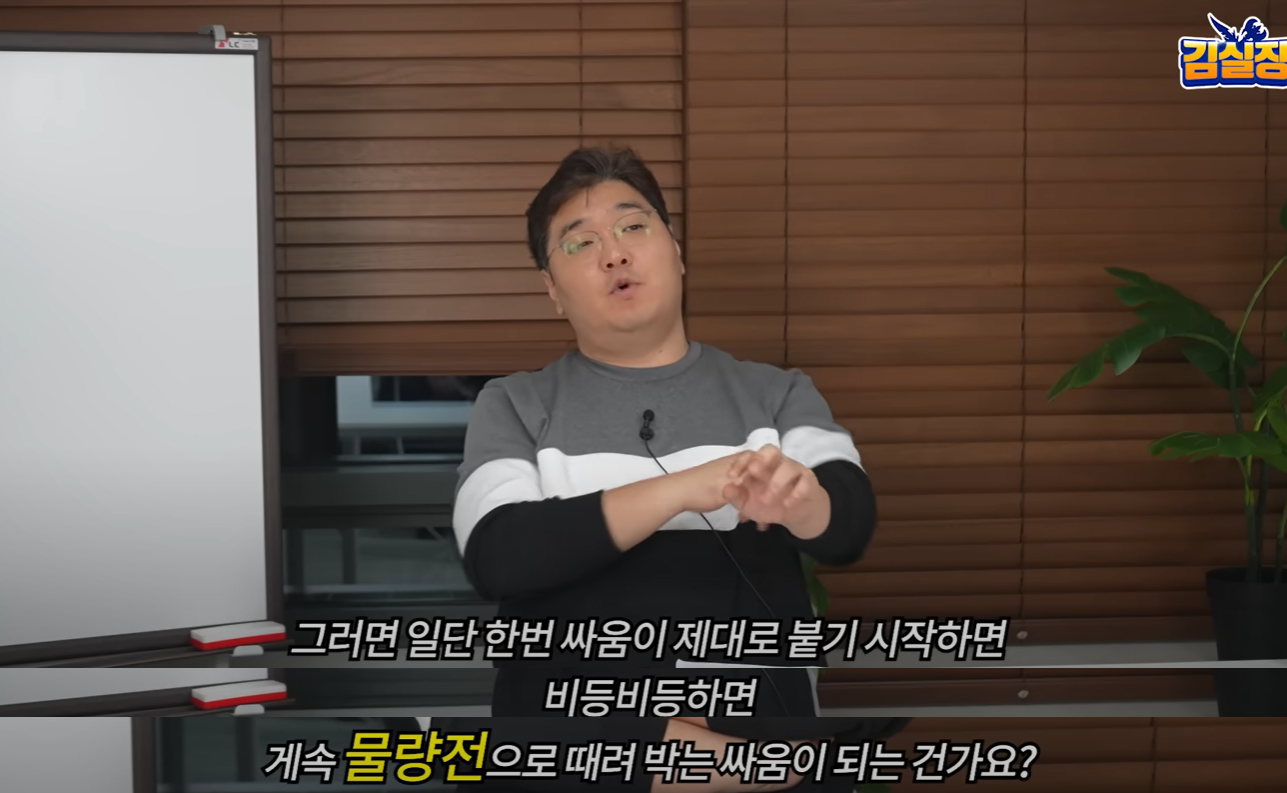
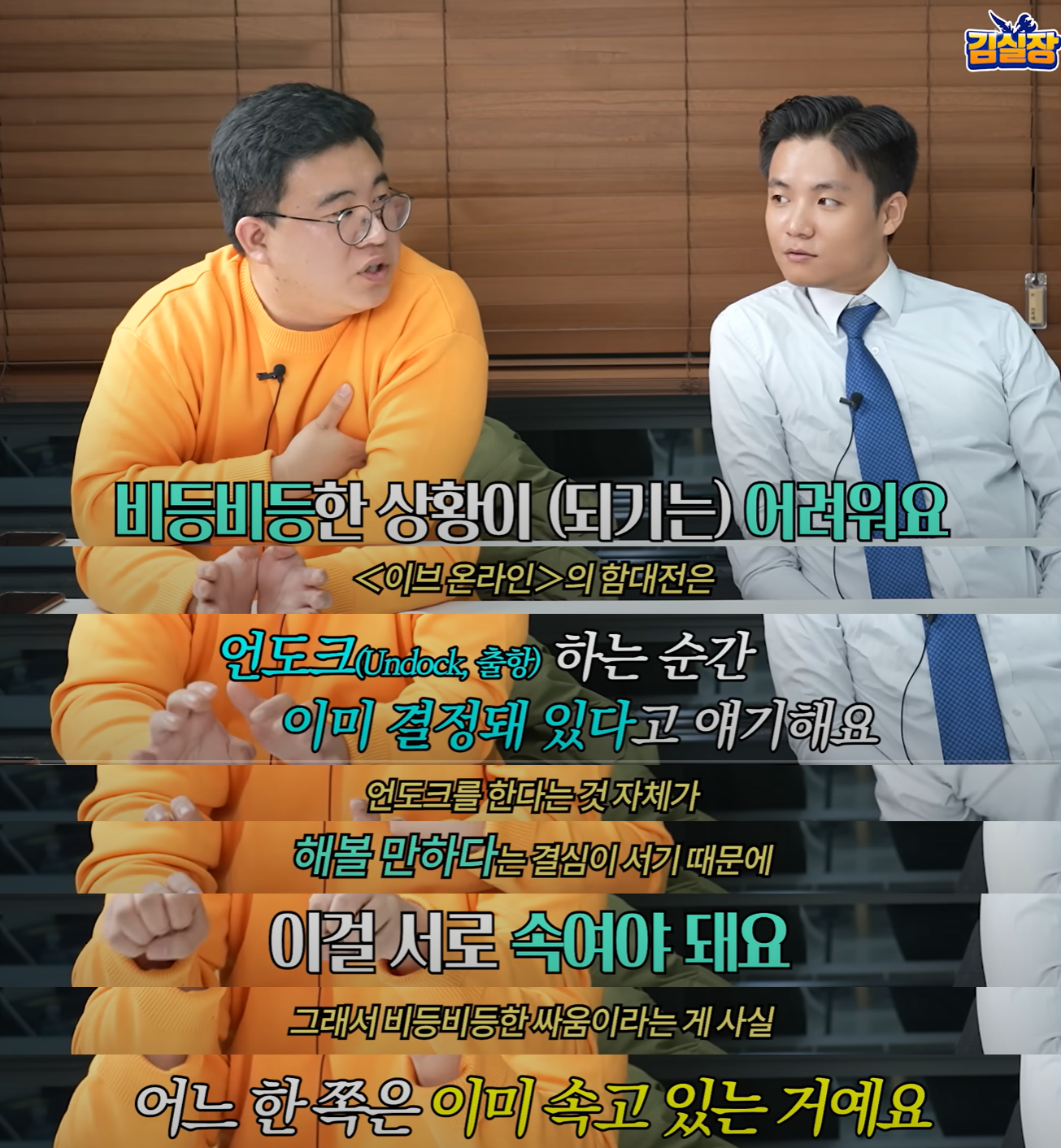
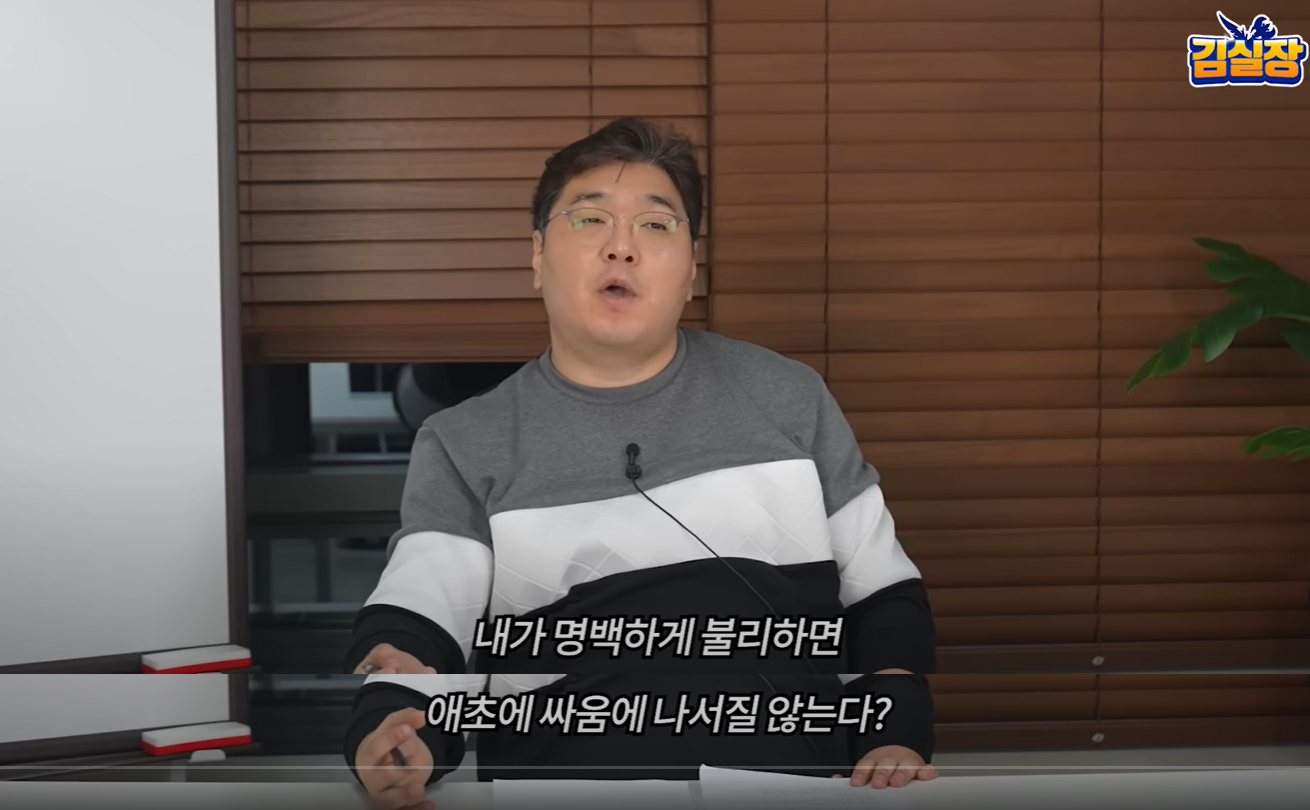
전쟁은 정보 비대칭으로 인해 일어난다. 서로 해볼만 하니까 싸우는거다. 질게 뻔한 싸움을 하는 멍청한 국가는 존재하지 않는다. (멍청한 지도자가 존재하는 것) 미국의 축과 중국-러시아의 축이 세계의 균형을 다시 만들어갈 것은 명백하다.
Once in a life time을 방산에서 볼 줄이야. 개인적으로 방산 쪽 투자 아이디어는 확실하다. 물론 누군가를 설득하는 건 다른 문제다. 그리고 언제나 그렇듯 좋은 주식을 비싸게 사는 우를 범하면 안된다. 계산기는 두드려봐야지.